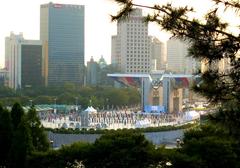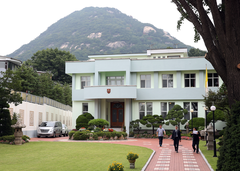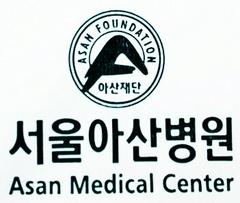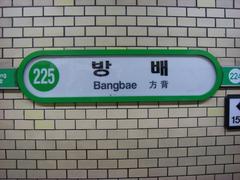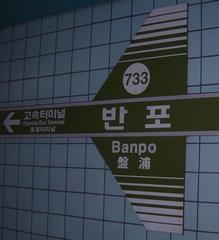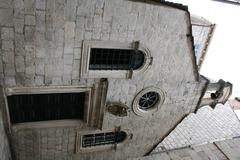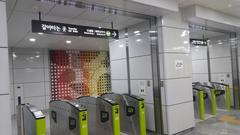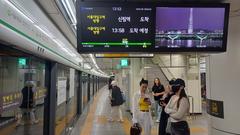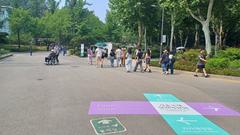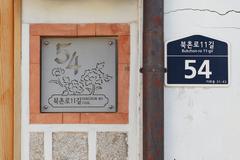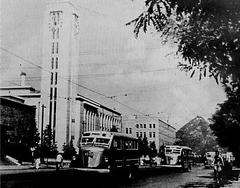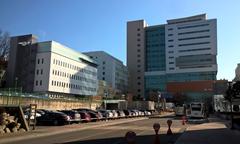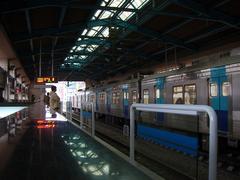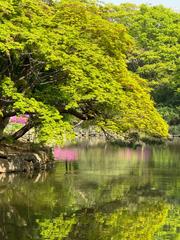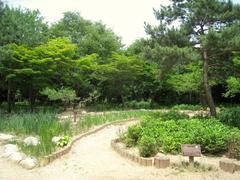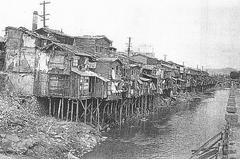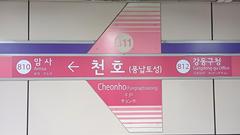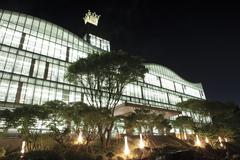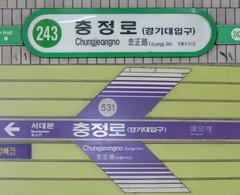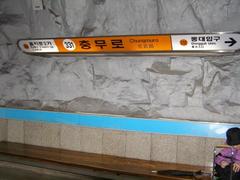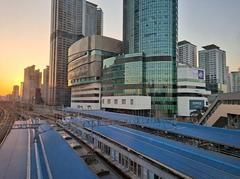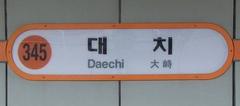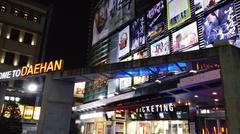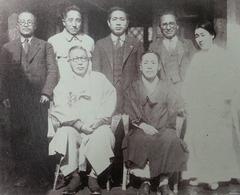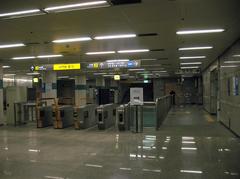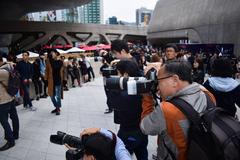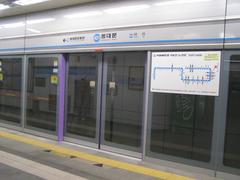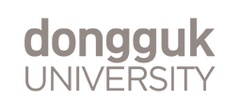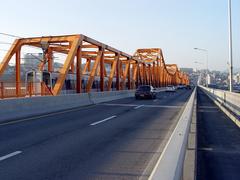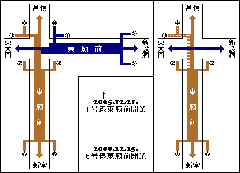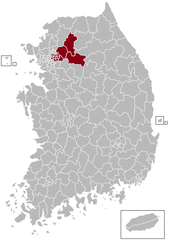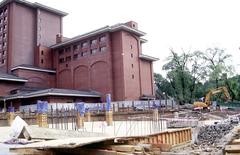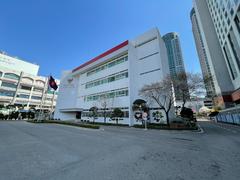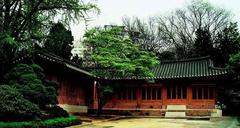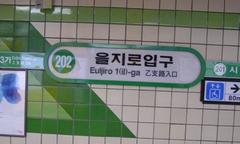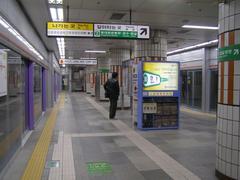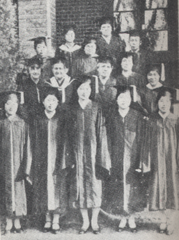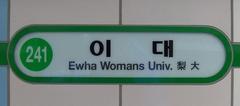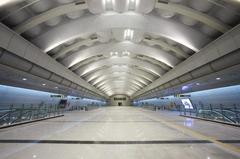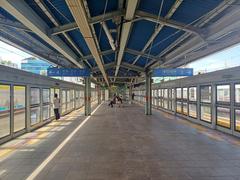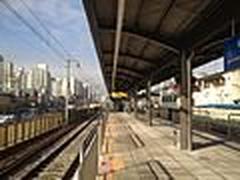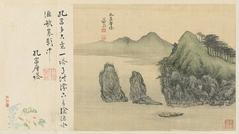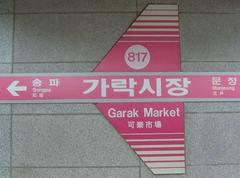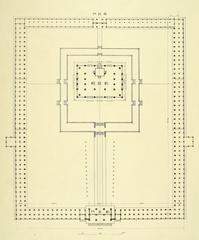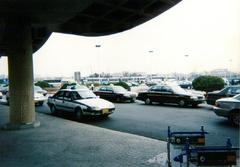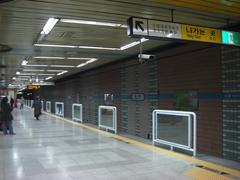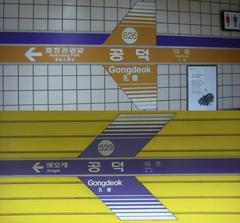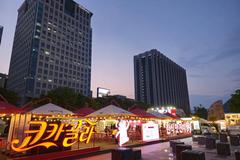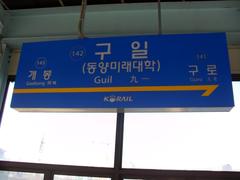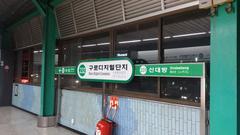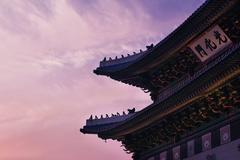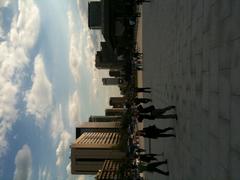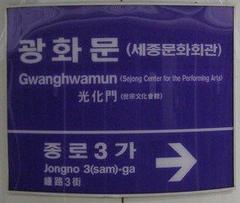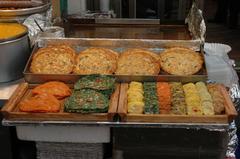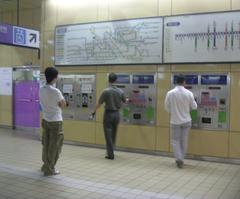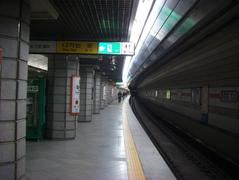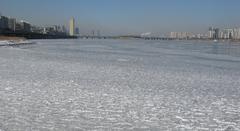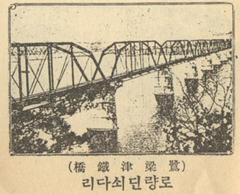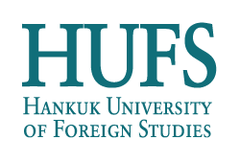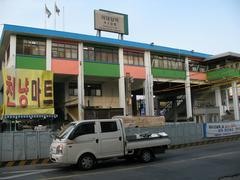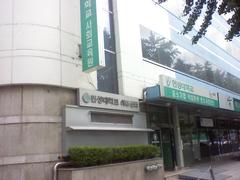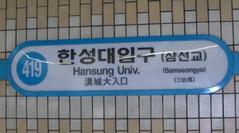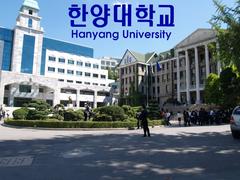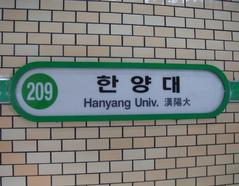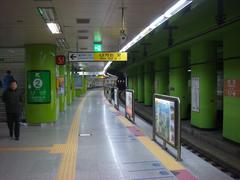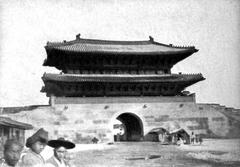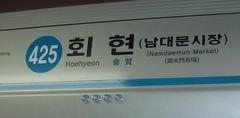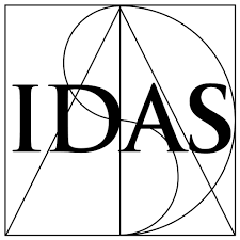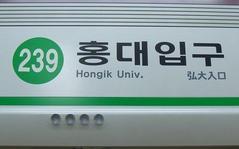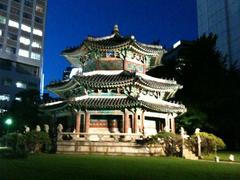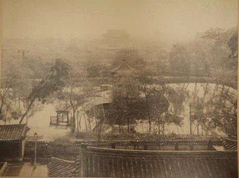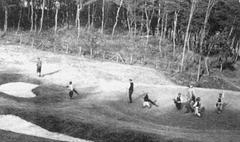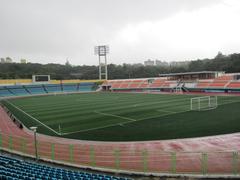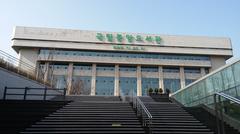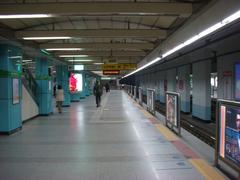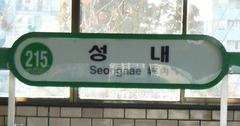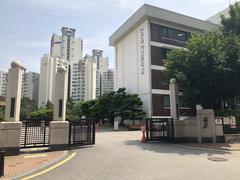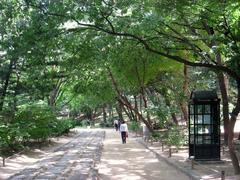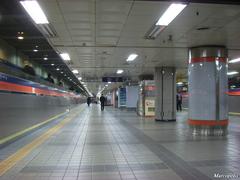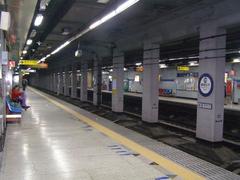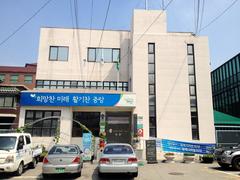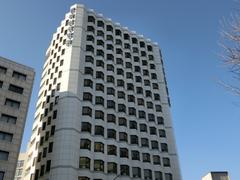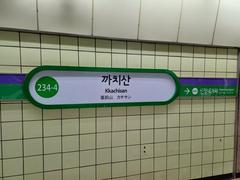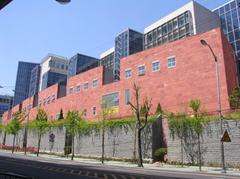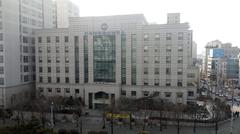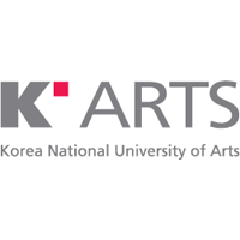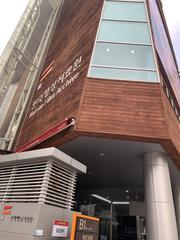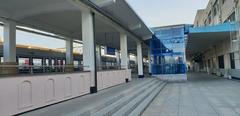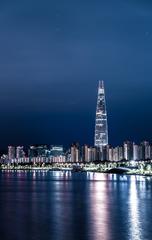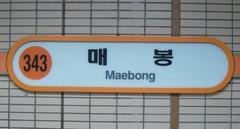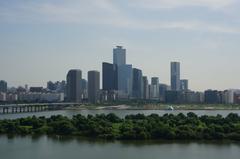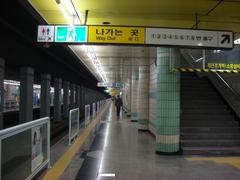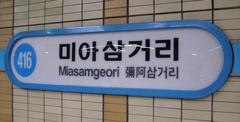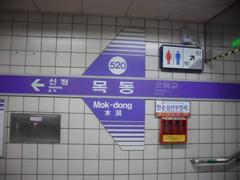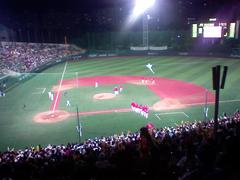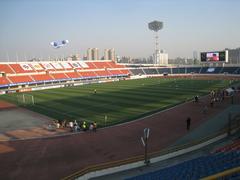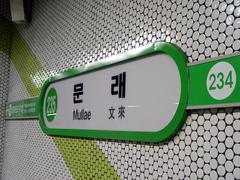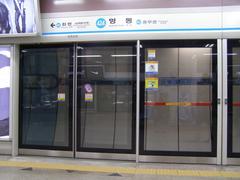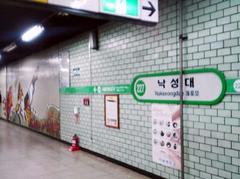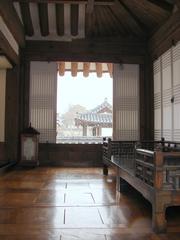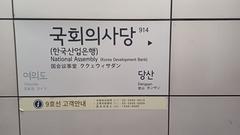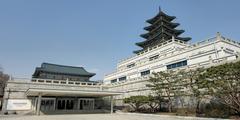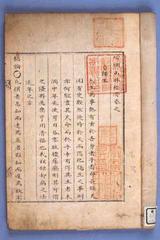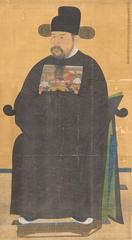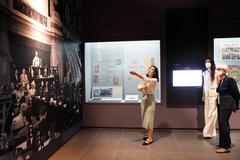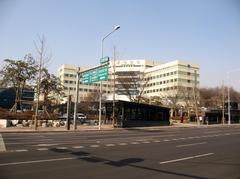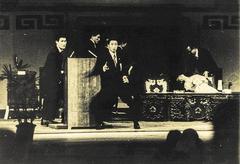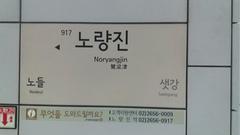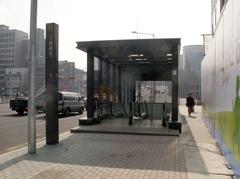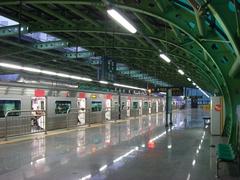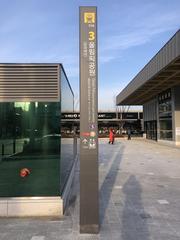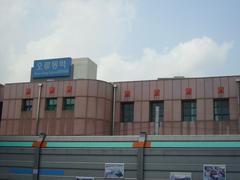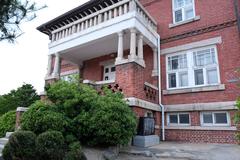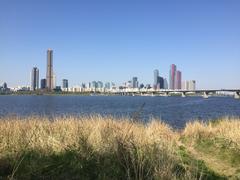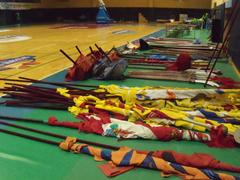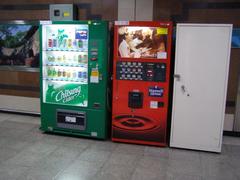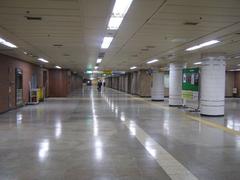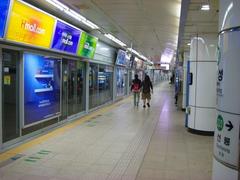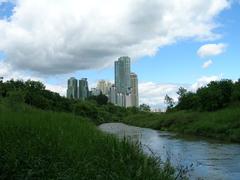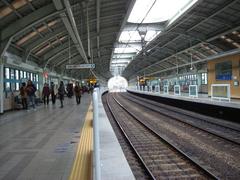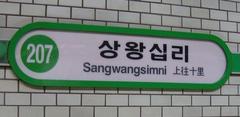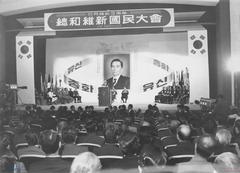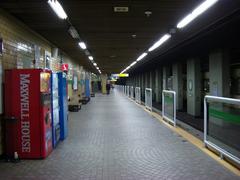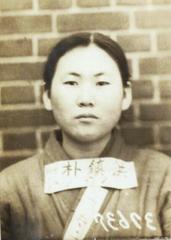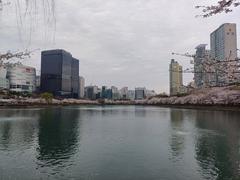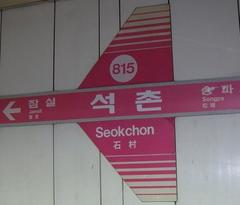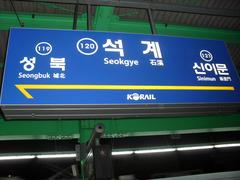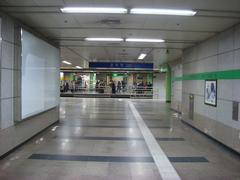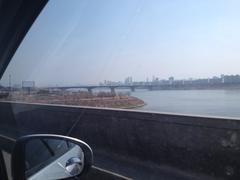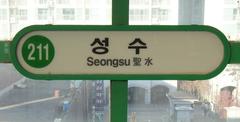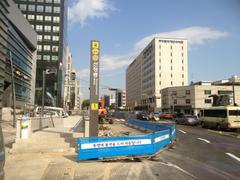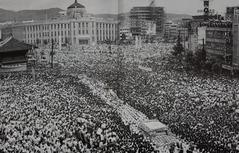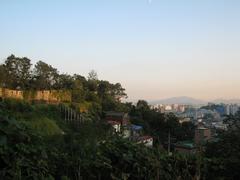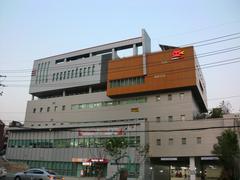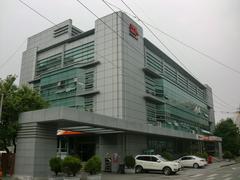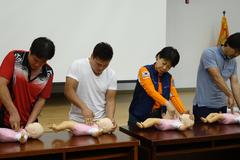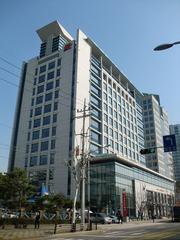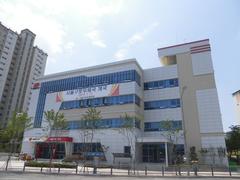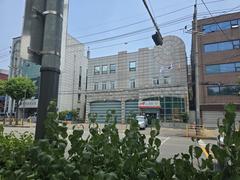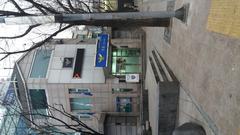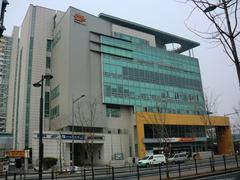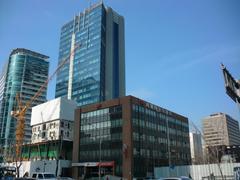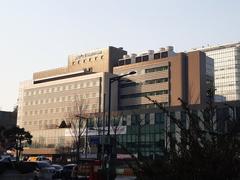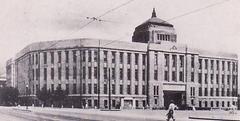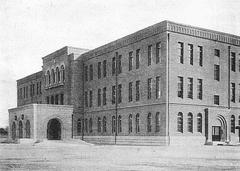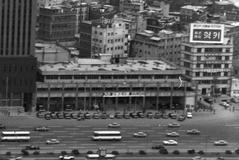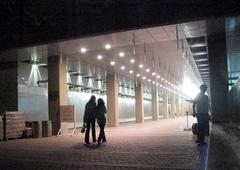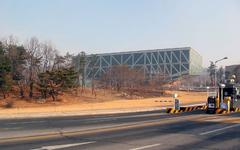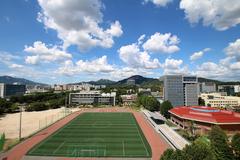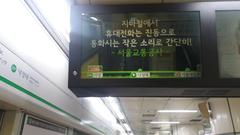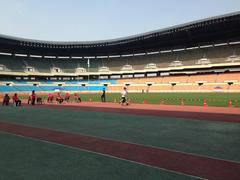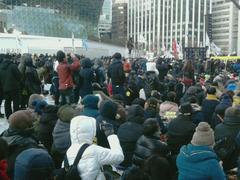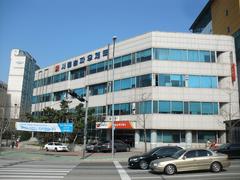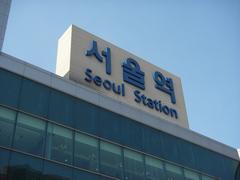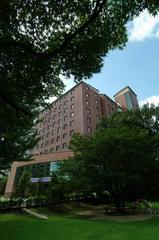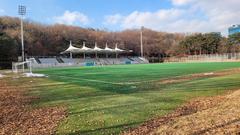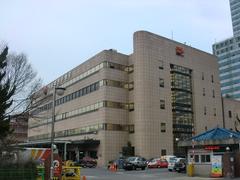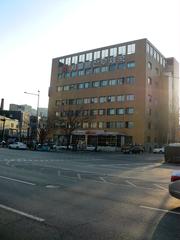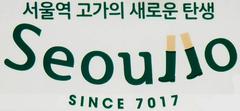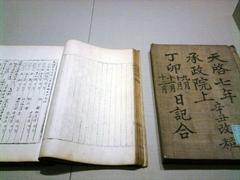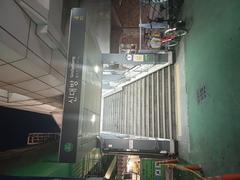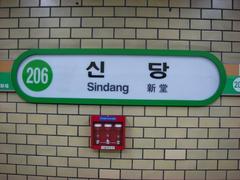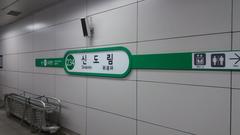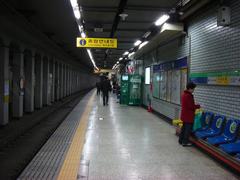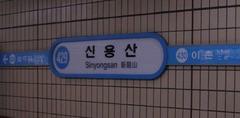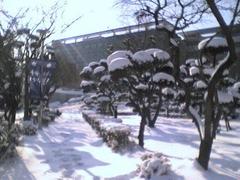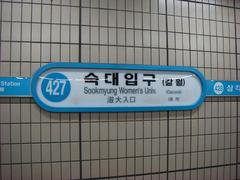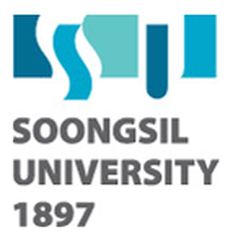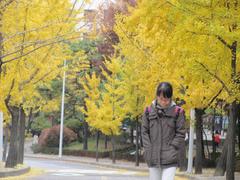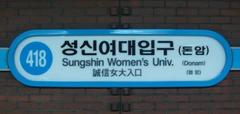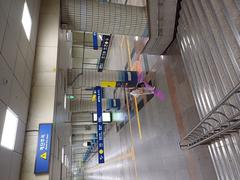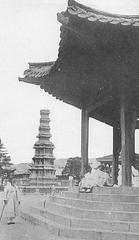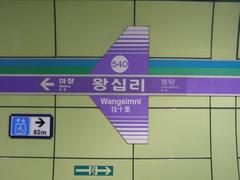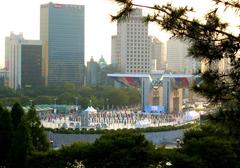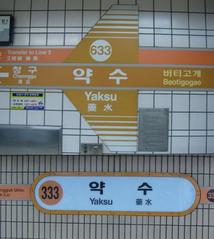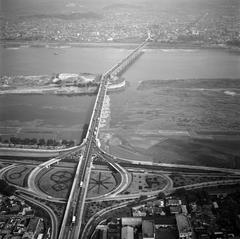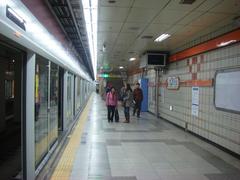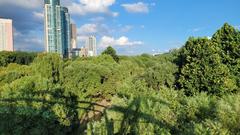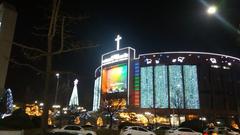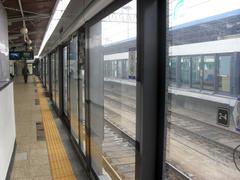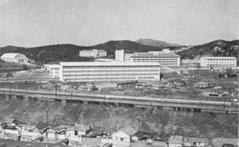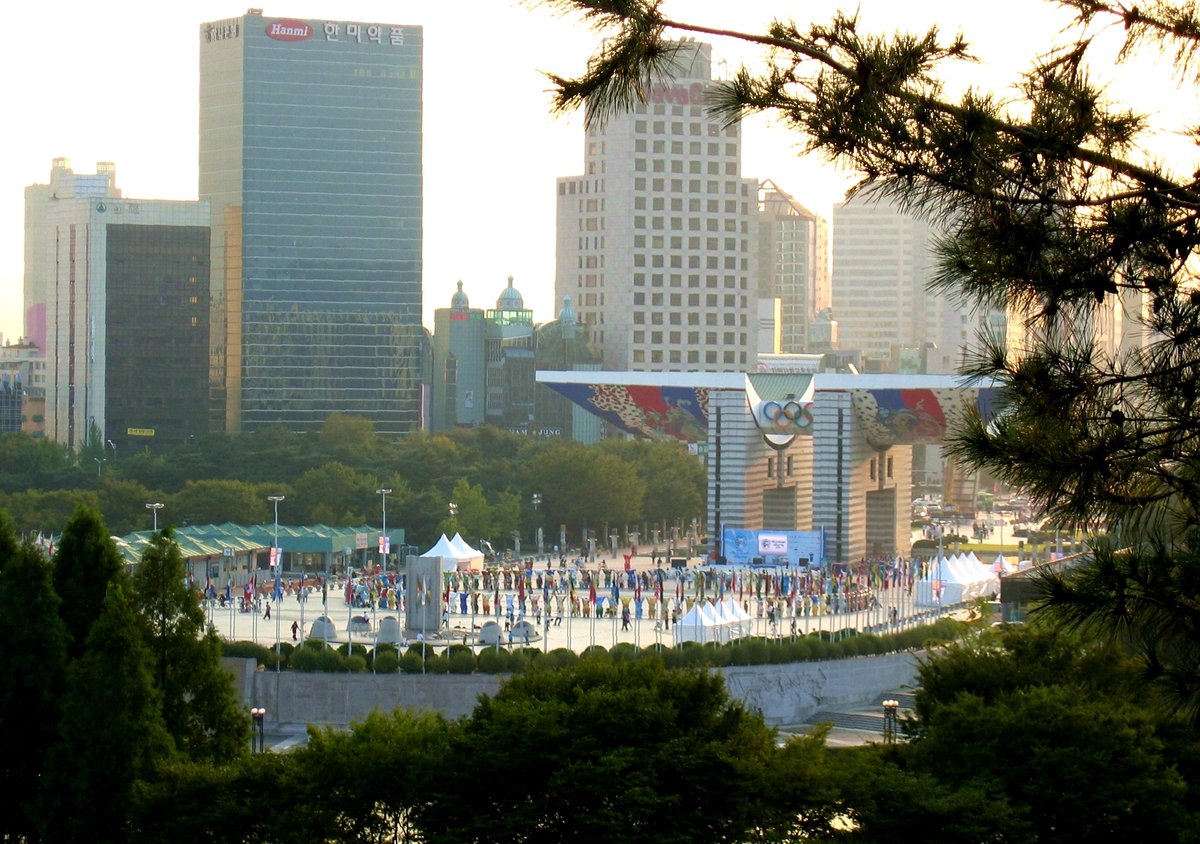
Visiting Hours, Tickets, and Historical Insights: A Comprehensive Guide to Olympic Park in Seoul
Date: 18/07/2024
Introduction
Olympic Park, nestled in the vibrant city of Seoul, South Korea, is a testament to the nation’s remarkable journey from a war-torn country to an industrialized powerhouse. Established for the 1988 Summer Olympics, the park has evolved into a cultural, historical, and recreational hub. This comprehensive guide delves into the park’s rich history, its significance, and practical information for visitors, offering insights into why Olympic Park remains a beloved destination for millions. Dive into the unique blend of ancient heritage and modern marvels that define this iconic site. (Ultimate Guide to Olympic Park, Seoul - History, Visiting Hours, and Ticket Info)
Table of Contents
- [Introduction](#introductionintroduction)
- [History and Significance](#history-and-significancehistory-and-significance)
- [Legacy of the 1988 Summer Olympics](#legacy-of-the-1988-summer-olympicslegacy-of-the-1988-summer-olympics)
- [Tapestry of History and Culture](#tapestry-of-history-and-culturetapestry-of-history-and-culture)
- [More Than Just Sports](#more-than-just-sportsmore-than-just-sports)
- [Symbol of Peace and International Cooperation](#symbol-of-peace-and-international-cooperationsymbol-of-peace-and-international-cooperation)
- [Living Legacy](#living-legacyliving-legacy)
- [Visitor Information](#visitor-informationvisitor-information)
- [Visiting Hours](#visiting-hoursvisiting-hours)
- [Ticket Prices](#ticket-pricesticket-prices)
- [Accessibility](#accessibilityaccessibility)
- [Travel Tips](#travel-tipstravel-tips)
- [How to Get There](#how-to-get-therehow-to-get-there)
- [Best Times to Visit](#best-times-to-visitbest-times-to-visit)
- [Nearby Attractions](#nearby-attractionsnearby-attractions)
- [Special Events and Guided Tours](#special-events-and-guided-toursspecial-events-and-guided-tours)
- [Information on Recurring Events](#information-on-recurring-eventsinformation-on-recurring-events)
- [Availability of Guided Tours](#availability-of-guided-toursavailability-of-guided-tours)
- [Photographic Spots](#photographic-spotsphotographic-spots)
- [FAQ](#faqfaq)
- [Conclusion](#conclusionconclusion)
History and Significance
Legacy of the 1988 Summer Olympics
Olympic Park owes its existence to the 1988 Summer Olympics, a pivotal event that marked South Korea’s arrival as a modern, industrialized nation. Before the Olympics, the area that now houses the park was a quiet neighborhood dotted with military facilities. The decision to host the Games spurred a massive urban renewal project, transforming the landscape into a sprawling sports complex and public park.
The 1988 Seoul Olympics were more than just a sporting event; they were a watershed moment in South Korean history. The Games showcased the nation’s economic progress and technological prowess to the world, helping to shed its image as a war-torn country. Moreover, the event fostered a sense of national pride and unity, further solidifying South Korea’s place on the world map.
Tapestry of History and Culture
Olympic Park today is a vibrant blend of history, culture, and recreation. The park’s design beautifully integrates the remnants of the past with modern architectural marvels. Ancient Baekje-era Mongchontoseong Fortress walls, discovered during the park’s construction, have been carefully preserved, offering a glimpse into Seoul’s rich history. These archaeological treasures stand in stark contrast to the sleek lines of the Olympic Stadium, a testament to South Korea’s architectural prowess.
More Than Just Sports
While the Olympic Stadium remains a focal point, hosting concerts and events, Olympic Park is far more than just a sports complex. It has evolved into a beloved public space, attracting millions of visitors annually. The park’s sprawling green spaces, serene lakes, and world-class museums offer a welcome respite from the bustling city.
Symbol of Peace and International Cooperation
The park’s significance extends beyond its historical and cultural value. It serves as a powerful symbol of peace and international cooperation. The 1988 Seoul Olympics were notable for their relatively peaceful execution, despite the backdrop of the Cold War. The Games saw athletes from 160 nations compete, fostering a spirit of camaraderie and understanding.
Living Legacy
Today, Olympic Park stands as a testament to the enduring legacy of the 1988 Seoul Olympics. It is a place where history and modernity intertwine, where culture and recreation converge, and where the spirit of international cooperation is celebrated. The park serves as a constant reminder of South Korea’s remarkable journey and its commitment to a brighter future.
Visitor Information
Visiting Hours
Olympic Park is open daily from 5:00 AM to 10:00 PM. However, specific facilities within the park, such as museums and sports complexes, may have different operating hours. It’s advisable to check the official website for the most up-to-date information.
Ticket Prices
Entry to Olympic Park is free, but some attractions within the park, such as museums and special events, may require tickets. Ticket prices for these attractions vary, so it’s best to check online or at the park’s information centers.
Accessibility
Olympic Park is designed to be accessible to all visitors, including those with disabilities. The park features wheelchair ramps, accessible restrooms, and other facilities to ensure a comfortable visit for everyone.
Travel Tips
How to Get There
Olympic Park is easily accessible via public transportation. The nearest subway station is Olympic Park Station (Line 5), which has multiple exits leading directly into the park. Buses and taxis are also convenient options.
Best Times to Visit
The park is beautiful year-round, but the best times to visit are during the spring (April to June) and autumn (September to November) when the weather is mild, and the park’s natural beauty is at its peak.
Nearby Attractions
- Lotte World Tower: A modern skyscraper offering stunning views of the city.
- Gyeongbokgung Palace: A historic palace offering a glimpse into Korea’s royal past.
- COEX Mall: A large shopping and entertainment complex.
Special Events and Guided Tours
Information on Recurring Events
Olympic Park hosts various recurring events, including concerts, exhibitions, and sports competitions. The official website provides a calendar of upcoming events.
Availability of Guided Tours
Guided tours of Olympic Park are available and offer in-depth insights into the park’s history and attractions. Tours can be booked in advance through the park’s official website or at the information centers.
Photographic Spots
Best Places for Photography Within the Park
- World Peace Gate: A grand entrance to the park, perfect for iconic photos.
- Rose Garden: A beautiful spot, especially during the blooming season.
- Mongchontoseong Fortress: Offers a mix of historical and scenic photography opportunities.
FAQ
Q: Is there an entry fee for Olympic Park?
A: Entry to the park is free, but some attractions within the park may require tickets.
Q: What are the park’s opening hours?
A: The park is open daily from 5:00 AM to 10:00 PM.
Q: How can I get to Olympic Park?
A: The park is easily accessible via public transportation, with the nearest subway station being Olympic Park Station (Line 5).
Conclusion
Olympic Park stands as a testament to South Korea’s remarkable journey and its commitment to a brighter future. Whether you’re interested in history, culture, or simply looking for a place to relax, Olympic Park has something for everyone. Don’t forget to download the Audiala app for more travel tips and follow us on social media for updates on exciting destinations.
